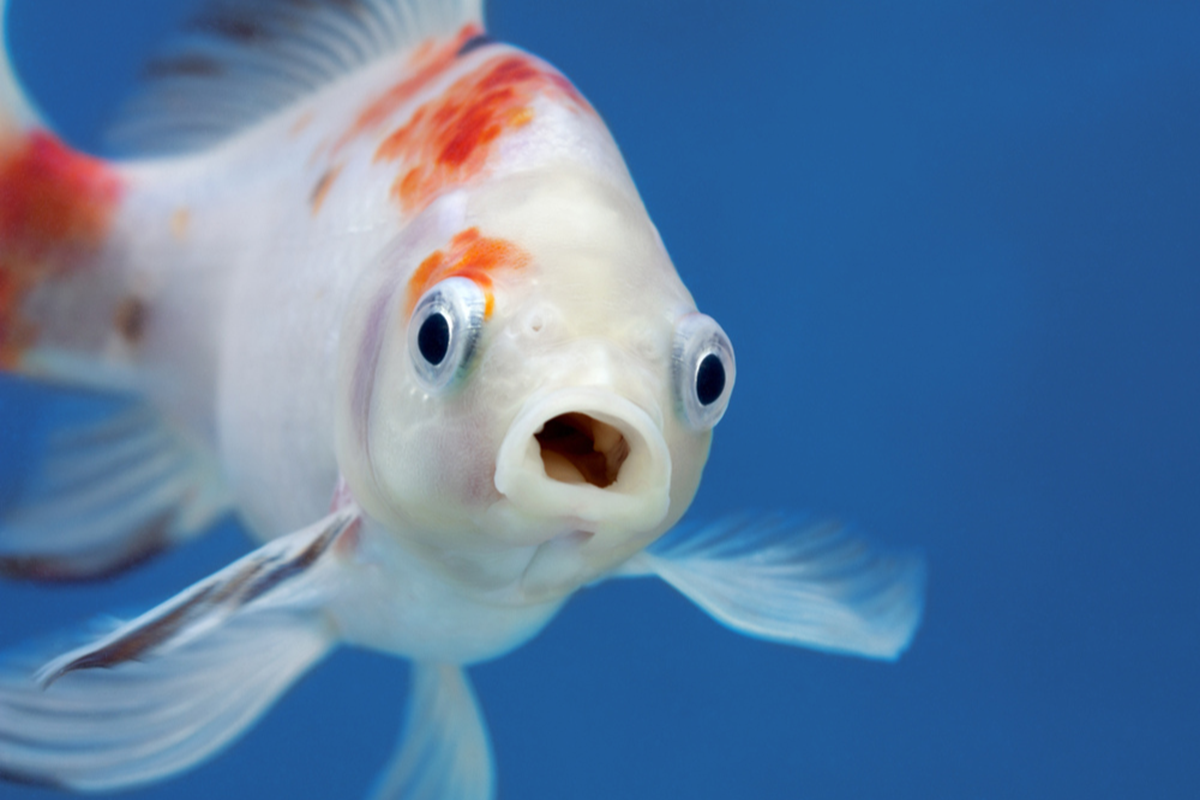In recent times, a concerning trend has emerged across the world’s oceans: fish are getting smaller. Researchers attribute this phenomenon to a combination of natural processes and human-induced factors, with far-reaching consequences for marine ecosystems and global food security. Let’s delve into the reasons behind this alarming shift and explore its implications.

- Climate Change and Rising Sea Temperatures:
- Metabolic Impact: As our planet warms, so do the oceans. Elevated sea temperatures accelerate fish metabolism, leading to faster energy expenditure. Unfortunately, this leaves less energy available for growth.
- Oxygen Constraints: Warmer waters hold less dissolved oxygen, which is essential for fish growth and vitality. Reduced oxygen availability further hampers their development.
- Overfishing and the Decline of Large Fish:
- Imbalance in Reproduction: Overfishing disproportionately affects large fish. As their numbers decline, smaller fish have more opportunities to reproduce. However, these smaller fish struggle to fill the ecological roles previously held by their larger counterparts.
- Ecosystem Disruption: The absence of large fish disrupts the marine food chain. Predators that rely on large prey face scarcity, affecting the entire ecosystem.
- Ocean Pollution and Plastic Contamination:
- Plastic Peril: Plastic pollution poses a grave threat to fish health. Microplastics infiltrate the food chain, hindering normal growth and development. Fish ingest these particles, impairing their ability to thrive.
- Habitat Destruction: Pollution damages natural habitats, reducing available space for fish. As their homes shrink, so do their sizes.
- Nutrition and Habitat Influence:
- Nutrient Availability: Adequate nutrition plays a crucial role in fish size. Well-fed fish grow larger, while nutrient deficiencies stunt their development.
- Environmental Factors: The viscosity and conditions of a fish’s habitat impact its shape. Different environments yield different-sized fish.
- Human Food Security at Risk:
- Supply Chain Challenges: Smaller fish mean reduced catches for fishermen. As large fish dwindle, the supply chain struggles to meet demand.
- Global Impact: Our reliance on fish as a protein source makes this issue critical for human food security. Ensuring sustainable fishing practices is essential.
As stewards of our oceans, we must address these challenges urgently to safeguard both marine life and our own sustenance.



